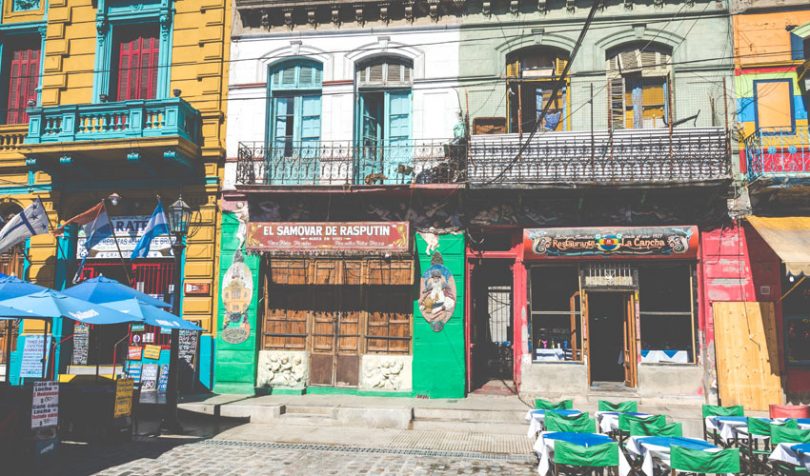NEC Argentina S.A. has announced a partnership with NGO Bitcoin Argentina and IDB Lab to develop its blockchain-based Digital Identity for Inclusion Project. The initiative will be introduced in Barrio 31 of Buenos Aires and aims to improve the access to government services through digital identity for its residents.
Barrio 31 is considered one of the poorer neighborhoods of Buenos Aires as most of its inhabitants are migrants. It is also one of the largest slums in Argentina and is bigger than 65% of cities in the country.
According to Buenos Aires City Government, 16.2% of its citizens live below the poverty line. In a situation like this, digital identity for residents of its most economically vulnerable area seems appropriate.
The project will be run over four years and will provide a digital identity to residents of Barrio 31 using blockchain. A plan to expand the project to two other such neighborhoods of Buenos Aires is also in the books.
“One of the main objectives of this project is to demonstrate with concrete cases that the blockchain represents a radical change in the management of the trust, of relations between the inhabitants of a community, and also enhances the efficiency of processes,” said Rodolfo Andragnes, President of NGO Bitcoin Argentina.
NGO Bitcoin Argentina is tasked with executing the project and has the backing of IDB Lab, Accenture and IOV Labs. NEC Argentina S.A. will develop a digital identity solution and help integrate the data into public and private projects.
“By consolidating trustworthy, accessible, and relevant digital identities, the project ultimately aims to increase access to goods and services for the residents of vulnerable neighborhoods,” said Erika Molina, Project Team Leader at IDB Lab. IDB Lab is the innovation laboratory of the Inter-American Development Bank Group.
Blockchain is being widely used for socio-economic purposes. Social identity is one of the biggest factors leading to the exclusion of low-income families and migrants from receiving government benefits and third-party services. With blockchain, this gap can be addressed and the authorities can also keep track of the beneficiaries, increasing the efficiency of the process.
In Sierra Leone, Africa, Kiva is working with the government to provide a blockchain-based identity for the unbanked population. Meanwhile, Red Cross and four other NGOs earlier this year announced a collaboration with Evernym to develop “ID for Good Initiative”.






